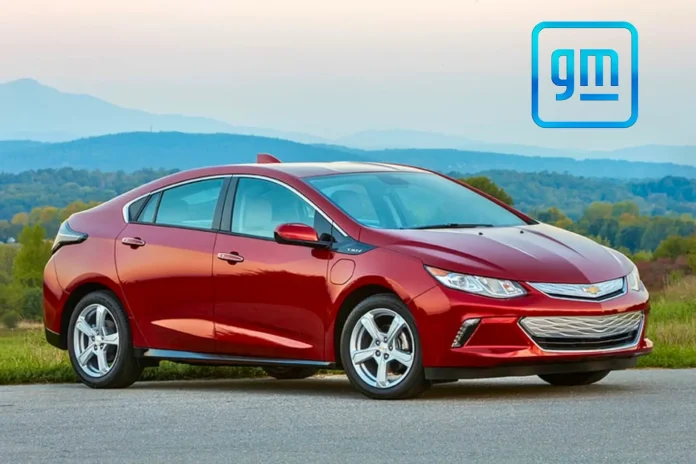General Motors (GM) announced a strategic shift, bringing back plug-in General Motors Hybrid Vehicles (PHEV) to North America after previously focusing only on fully electric cars (EVs). This decision is happening because of the challenges in General Motors Electric Vehicles and stricter emissions regulations on the horizon.
From All-Electric to Strategic PHEV Integration
In 2019, GM declared an “all-in” approach to EVs, discontinuing the popular Chevy Volt PHEV and selling PHEVs only in other markets. However, CEO Mary Barra acknowledged during the company’s latest earnings call that demand for EVs still needs to meet initial expectations. She stated, “Our forward plans include bringing our plug-in hybrid technology to select vehicles in North America.”
General Motors Hybrid Vehicles Advantage
Barra emphasized GM’s commitment to eliminating tailpipe emissions from light-duty vehicles by 2035. However, she recognized the need for a transitional strategy to meet increasingly strong emissions standards. PHEVs offer an important advantage, combining electric driving with a gasoline engine for extended range. This flexibility can help GM achieve compliance goals while addressing consumer concerns about charging infrastructure limitations.
Timing, Segments, and Impact of PHEV
Details regarding which vehicle segments will receive PHEV technology and the timeframe for their introduction remain hidden. Barra did mention that PHEVs will play a “strategic” role, suggesting a targeted approach rather than a widespread revival of the automobile. Analysts speculate that SUVs and trucks, popular segments with higher emissions, could be prime candidates for PHEV integration.
For more news on the advancement of automotives, click here.
Balancing PHEVs and EVs
This shift raises questions about the long-term commitment of General Motors Electric Vehicles. Some industry observers view it as a temporary setback, while others see it as a potential for the growth of the company’s EV focus. However, GM maintains its dedication to EVs, with Barra stating, “We remain committed to growing our EV portfolio in 2024.”
Potential Benefits and Challenges
The reintroduction of General Motors Hybrid Vehicles could offer several advantages for the company:
- Meeting emissions standards: PHEVs provide a compliance gateway, especially for larger vehicles.
- Serving consumer preferences: PHEVs address range anxiety concerns for some consumers who are hesitant about full EVs.
- Using existing technology: PHEVs utilize established technology, potentially reducing development costs.
- Mixed messaging: The shift might confuse consumers about GM’s long-term EV strategy.
- Market competition: The PHEV market is already crowded, with established players like Toyota and Ford.
- Profitability: PHEVs may not be as profitable as fully electric vehicles in the long run.
Industry Implications and Stakeholder Perspectives
This move has added implications for the automotive industry:
- Reimagining PHEV interest: GM’s re-entry could refresh interest in PHEVs, impacting other manufacturers’ strategies.
- Highlighting infrastructure challenges: The PHEV decision showcases the need for strong charging infrastructure development.
- Investor Review: Investors will closely monitor the impact of this shift on GM’s financial performance and EV progress.
Talking about stakeholders, will likely have different perspectives about this shift:
- Consumers: Some may welcome the return of PHEVs, while others might see it as a step back from electrification.
- Environmental groups: They may raise concerns about the long-term impact on emissions reduction goals.
- Regulators: They might view this as a sensible approach to achieving emissions standards.
GM’s decision to bring back PHEVs to address immediate challenges is well-calculated. Whether this is a temporary course correction or a strategic shift with long-term implications for the company’s EV ambitions remains to be seen. The success of the approach to General Motors Hybrid Vehicles will depend on careful execution, addressing consumer concerns, and navigating the competitive landscape. Ultimately, the true impact of this decision will unfold as GM reveals its specific PHEV plans and guides the complex scenario of the evolving electric vehicle market.



